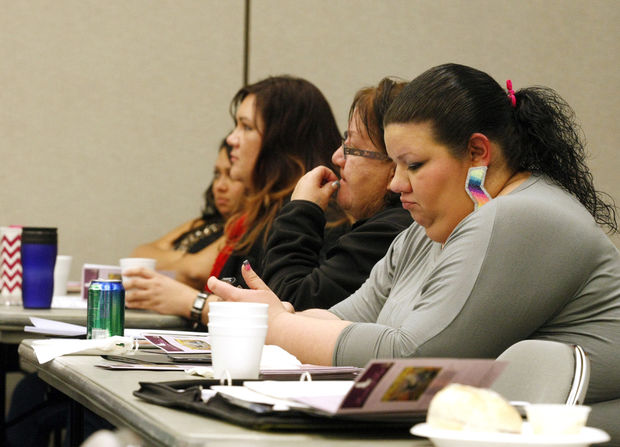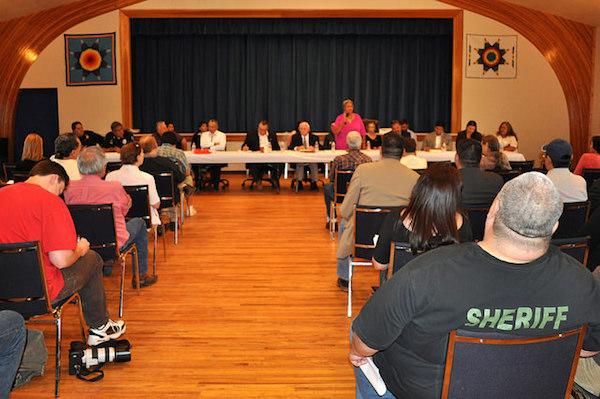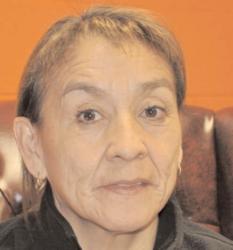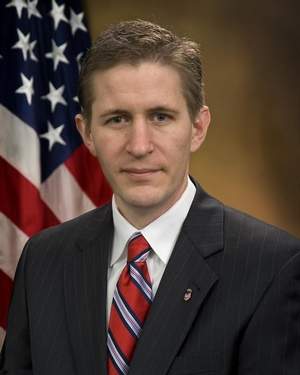By: Water4fish
TAHOLAH, WA (5/6/15)– The exploding oil train near Heimdal, North Dakota early Wednesday morning serves as the latest reminder that the oil trains traveling the tracks here in Washington are unsafe, according to Fawn Sharp, President of the Quinault Indian Nation.
“This was just the latest in a series of oil train derailments that have resulted in crashes, followed by explosions, mountains of thick, black, toxic smoke and inevitable spills of poisonous oil that at some point make their always way into water systems, streams, rivers or marine waters,” she said.
“Let there be no doubt. These trains are dangerous, and we are seeing more and more of them on our tracks all the time. Tribes are very concerned about them for many reasons. Not only do they jeopardize our citizens, because they are explosive and too heavy for the tracks they travel on; the oil that inevitably spills from them poisons our treaty-protected waters and aquatic resources. Also, fossil fuels are the primary cause of climate change. We all need to make some important decisions about the future. Do we accept the major expansion of these poisonous fuels and the impacts they have on our environment, or do we opt to be good stewards of the land and work to phase them out and replace them with clean energy sources and wiser choices?”
“These are our choices here in the Northwest, and in states across the country. At Quinault Nation we have taken a stand against the proposed expansion of oil train traffic and terminals,” said President Sharp. Sharp is also President of the Affiliated Tribes of Northwest Indians, an organization of 57 Tribes encompassing six Northwest states, and Area Vice President of the National Congress of American Indians, a national organization of more than 500 Tribes.
This morning’s derailment is very similar in many ways to all the others, which have occurred in Alabama, Virginia, West Virginia and Pennsylvania, as well as numerous close calls, including Seattle, she said. Cars run off the track, the tanks are pierced, and a spark ignites the highly volatile crude, which either comes from the North Dakota Bakken fields or oil sands in Alberta.
In the case of this morning’s accident, a waterway known as the Big Slough runs north of the tracks near Heimdal and drains into the James River.
There were no reported injuries from the derailment of the BNSF train near Heimdal, thank God. All the residents of the tiny town did have to be evacuated, as did farms anywhere near this morning’s explosion. That was only a few dozen people. But it could have been Aberdeen, or Seattle. Then it would have been thousands, and timely evacuation could be a virtual impossibility.
The National Transportation Safety Board sent five people the site, and the Federal Railroad Administration sent 10 investigators. But inspecting is about all they could do. The fires caused by these explosions must burn themselves out. They’re simply too hot to handle. Some of the oil leakage could be stopped, but not much, said Sharp.
Last week, federal regulators passed new safety rules governing crude by rail, which has become a booming business thanks to the growth in U.S. oil production. Nearly 450,000 tankers of crude moved through North America last year, up from just 9,500 in 2009.
“The Washington State Legislature just passed a bill to enhance safety, as well, and although all safety efforts are welcome, the fact is they are not enough. The simple truth is there is no such thing as a safe oil train, no matter how strict safety standards might be. Rail and bridge infrastructure is in desperate need of repair and renewal. But even if and when that is achieved, there will be absolutely no guarantee of safety,” she said.
“The only safe oil train is one that has no oil in it. And as painful as it may be for the oil industry to consider, the best option is to phase out the use of fossil fuels. That will take time. But this is a critical situation that needs more focus, and investment, now,” she said.















